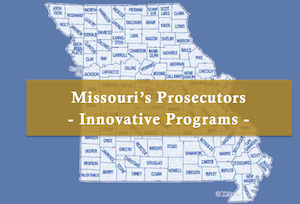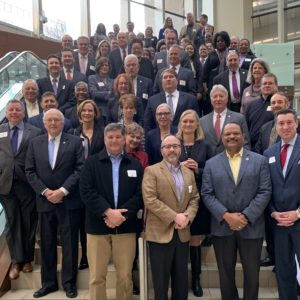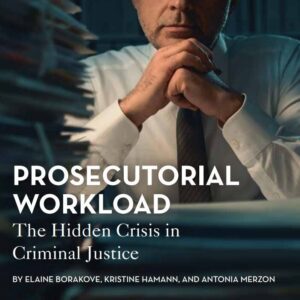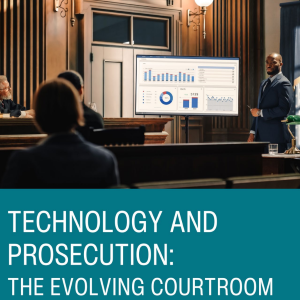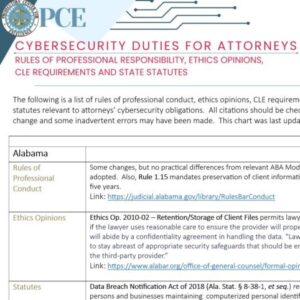Authors: Arc, NAMI, PCE
Individuals with intellectual and developmental disabilities (I/DD) or mental illness are overrepresented in the criminal justice system, as victims, witnesses, suspects, and defendants. In an effort to inform prosecutors’ strategies when working with these individuals, PCE, in collaboration with the Arc and NAMI, has developed this guide.
The guide includes the following information:
- An overview of I/DD and mental illness and the legal obligations involved when interacting with people with I/ DD or mental illness
- Practical approaches for prosecutors to more effectively work with these populations, as victims, witnesses, or defendants
- Examples of programs that prosecutors have either created or participated in that address the involvement of persons with I/DD or mental illness in the criminal justice system

